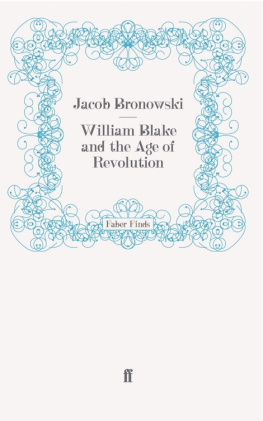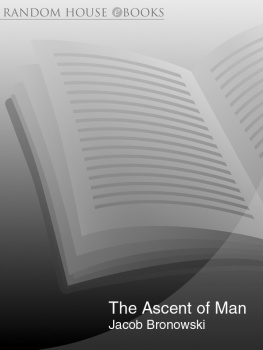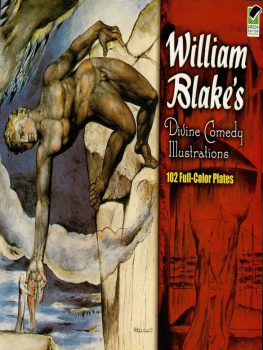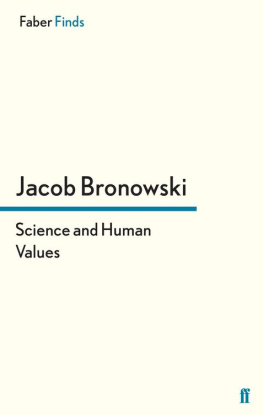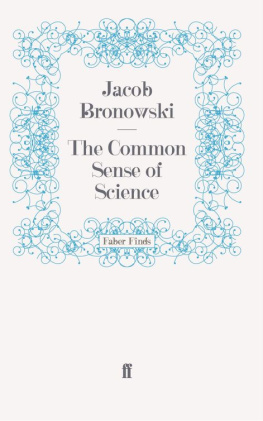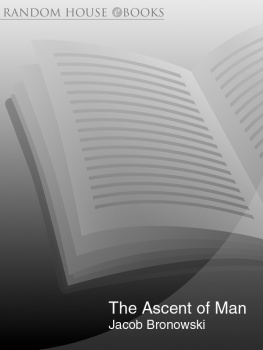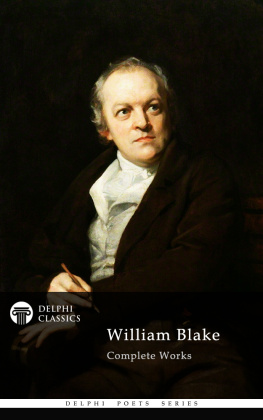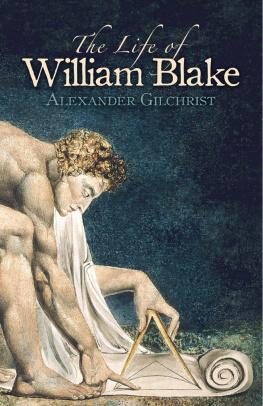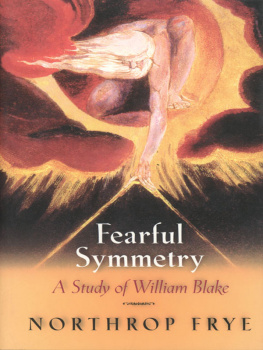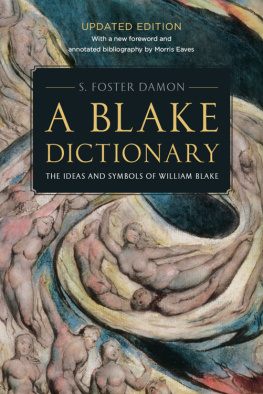ONE
History has a malicious trick of making little of what once seemed to be great events; and history will be no kinder to the heroics of our age than of others. Yet whatever in our century history slights, it will surely respect the domination of its two great warstwo wars which together have taken ten years out of our lives, and marked us with the hidden stigmata of violence and fear. In this, our age is like the age of Napoleon, which to-day, after the eagles and the magnificence, remains in the memory as Goya savagely pictured it: twenty-two years without conscience, stamping the men and the treasure of Europe into the dirt. So time will dwarf the mechanical glories of our century, but it will not lift their tragic weight from mens minds.
The name of Napoleon walks briskly into these reflections, and we see the likeness between his wars and ours at once. Nothing that compares with the Napoleonic wars or with ours happened in the hundred years between 1815 and 1914. They were not peaceful years for the empires of Europe: they spanned the Indian mutiny and the Crimean campaign, wars between France and Prussia , Russia and Japan, the South African and the Balkan wars. Yet these wars had always the air of another time: of encountering and not of shaping the daily lives of men. They do not compare with the convulsions that for a generation preceded Waterloo, and those which for a longer generation have followed the battles of Tannenberg and the Marne. They did not terrify their onlookers as those who looked on at the Holy Alliance and at Munich stepped back in terror. They did not close upon the mind and the heart with iron hoops.
By contrast, from about 1760 to 1815 the minds of men were obsessed with revolution, and this gave to the struggles of that age (as of ours) the character of religious wars. We catch the tone at once in the literature of the time, and it makes the Romantic Revival direct and close to us; we are drawn to it because we share in our lives those hopes and heart-searchings, those shifts of loyalties, the same vacillations between principle and expedience. There is nothing like this in the earlier eighteenth century, whose Indian summer remains fixed in the solemn doggerel of Joseph Addison. And there is nothing like it later in the nineteenth century, whose Victorian calm is fixed in the gracious bombast of Alfred, Lord Tennyson. The poets who quicken our pulse and sound in our ears are those who struggled in the urgent years about 1800, because they were possessed by the same compulsions as possess us.
TWO
The turbulent age from about 1760 to 1815 was shaped, of course, by the American and the French Revolutions; and it was also shaped by the Industrial Revolution. There is a unity between all three of these: the movement of industry from the village to the factory was pushed on by the same forces that made the political movements. A common restlessness runs under that time, a discontent with the traditional ways of doing and thinking, and an urge to band men together in new alliances. The age of the revolutions was powered by common aspirations in its poetry and its politics, its ideals and its inventions, and as far apart as the organization of Napoleons armies and of Richard Arkwrights factories.
The massive expansion of manufacture by machines about the year 1800 obviously changed the economy of England. And, more subtly, it changed the way in which men looked at the economy and at their own place in it. So long as men worked in villages, they thought of their livelihood as a gift: a gift from God or from nature, which God or nature might bless with plenty in one year and blast with famine in another. The cottage weaver at his loom thought in this way, even though the loom made the greater part of his living for him; he thought in this way because (as Daniel Defoe insists) he still turned to his patch of garden and his rights on the common land for a critical part of his living. A slump seemed as much an Act of God to him as a drought. The village worker did not think of himself as the master of his destiny, because his craft did not make up his whole possession.
The move to the factory and the enclosure of common land changed all this. They put the worker into a different place in his economy, to which he now had only one thing to give: the labour of his hands. No longer did a superhuman dispensation stand between his work and its reward. If the society of masters rejected his handiwork, and found no use for his skill and diligence, there was something wrong with society, and not with God or with nature.
It is strange to see that the spread of machines made the men who worked them conscious, first of their own work, and then of themselves as men. Yet this is what the Industrial Revolution did. It forced men in the long run to seek their destiny, and to find their station, not in the hand of God but in their own hands. In 1720, the village workers had accepted the slump that followed the South Sea Bubble as an accident of nature. In the slumps a hundred years later, the cloth-shearers and the stocking-knitters drilled on the dark moors in open mutiny against the economy that starved them.
The machines changed the organization of society, and shifted the centre of a mans life from his cottage home to the daily factory. In that shift, the man ceased to be a member of his family and his village, and in the long run became simply himself: a person. Because the machine in the factory changed the order in his life, it slowly changed the status of the worker who served it. It regimented and brutalized and starved him, it exploited him and (for a long time) his family, and it robbed him of everything but his skill. And yet, by these acts in the end it made him a mana man alone.
This is the change of conscience which links the political revolutions to the rise of industry, and the American smallholder in 1775 to the Luddite of 1811. Here the citizens who proclaimed the Rights of Man in America and in France were at one with the tanners and the nailmakers who quoted from TheWealthofNations by Adam Smith. They spoke with different voices, but they spoke for the same cast of mind, in the homely pamphlets of Benjamin Franklin, in the educational schemes of Rousseau and Jefferson, and in the romantic poetry of Robert Burns and William Blake and Wordsworth. We catch in all of them a new sense that the dignity of man is the simple dignity of labour, and a new image of man the maker.
THREE
Western society as we know it was made in the convulsions of the great revolutions, roughly between 1760 and 1815. In an obvious sense, the Industrial Revolution in those years forged the mechanical skeleton for our society. But it was not only the mechanics that were laid down then: the ancient orders of homage were sapped, as much in the English factory as in America and France; and as much by the self-made owner as by the factory hand. The social order had been fixed most sharply in England in the subservience of the villager to the landed gentleman. We can hear it break as sharply in 1775, when owners and workers alike openly sided with the American revolutionaries. The English opposition to King Georges war shared a common sense that in America the sturdy sons of nature were in revolt against the lords of the manor. This was not a political union; its unity grew from a new imaginative concept of the dignity of man. It was a popular movement , in the literal sense: it paid tribute to people and not to lordsnot to birth, not to rank, and not to inheritance. Like the upstart men who three hundred years earlier made the Renaissance in Italy, the leaders of the revolutions cared nothing about their lineage.

